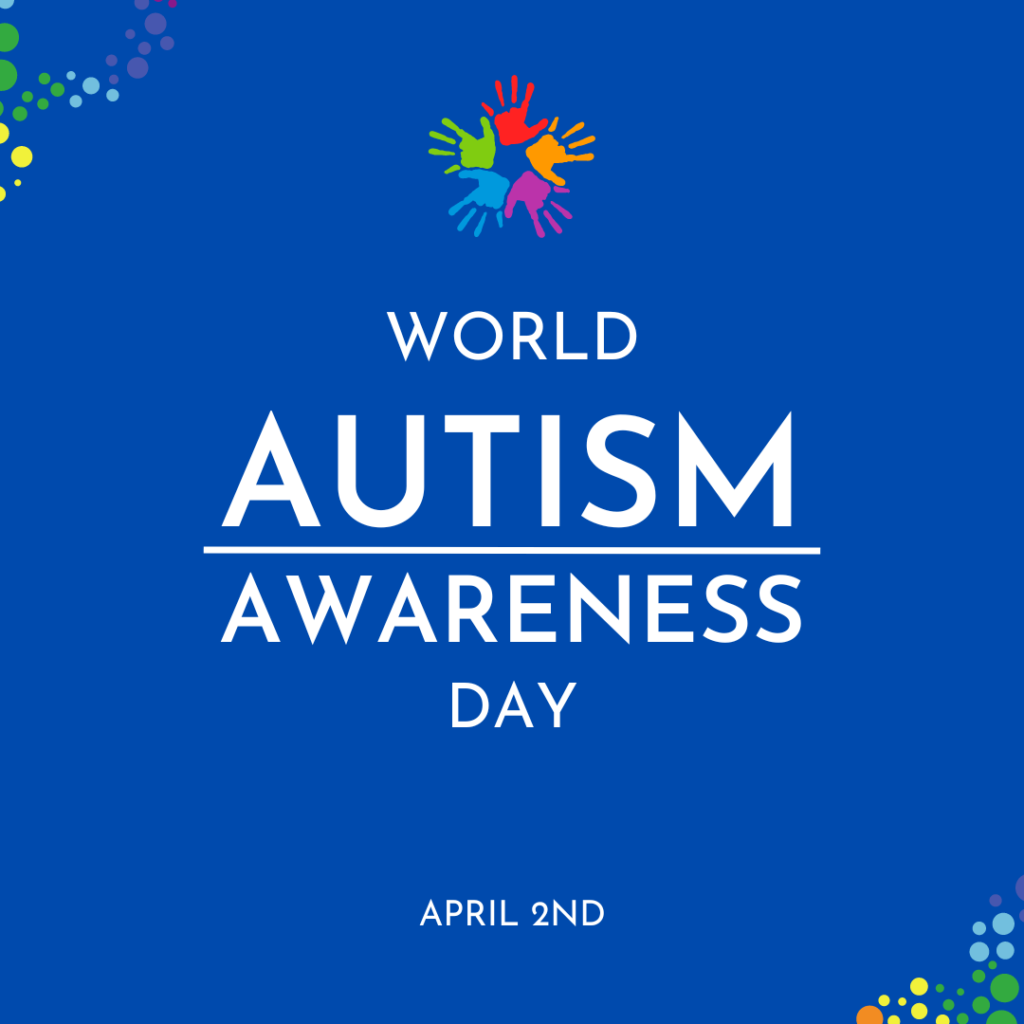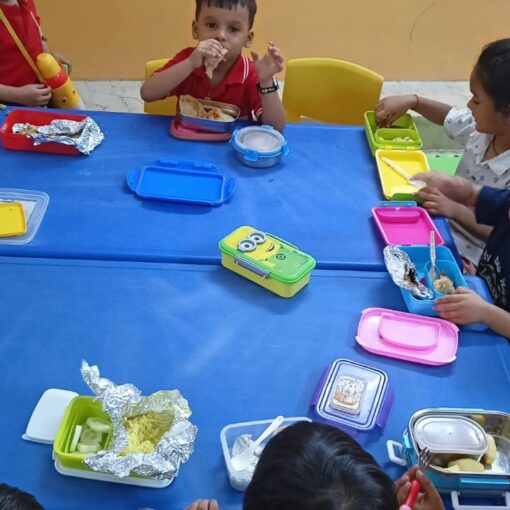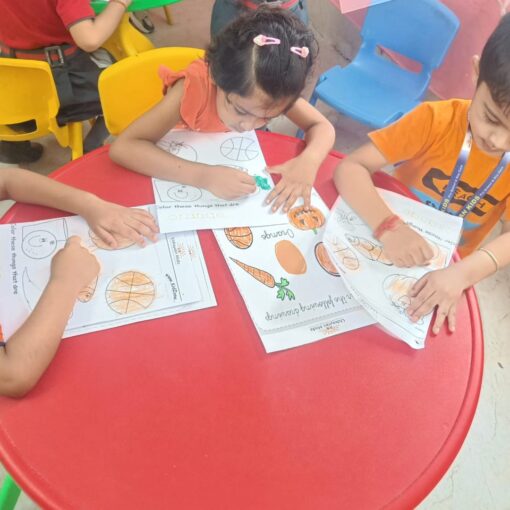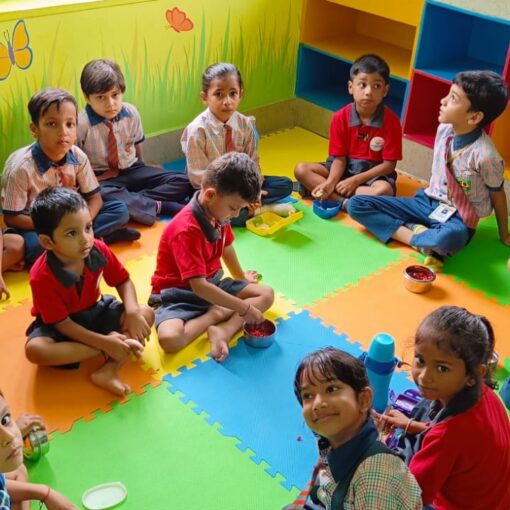
World Autism Day, is a day dedicated to raising awareness and understanding about autism spectrum disorder (ASD). As we embark on this journey of knowledge and empathy, let’s take a moment to delve into what it means to be autistic and how we, as a community, can support and celebrate our differences.
1. Understanding Autism
Autism is a developmental disorder that affects how a person communicates, interacts with others, and experiences the world around them. It is a spectrum disorder, which means that each individual with autism is unique, with their own strengths and challenges. Autistic children may experience difficulties in social communication, and sensory processing, and may engage in repetitive behaviors or have narrow interests.
2. Differences from Neurotypicals
Autistic children perceive the world differently from neurotypical individuals. While neurotypicals may find it easy to understand social cues and engage in reciprocal communication, autistic individuals may struggle with these aspects. They may have heightened sensitivities to sensory stimuli, making certain sounds, lights, or textures overwhelming for them.
Click here to get Admission in Udayan Kidz Premium Preschool and Daycare Centers
3. Need for Sensitivity
We must be sensitive and understanding towards our peers who are on the autism spectrum. Being empathetic means recognizing and respecting their unique perspectives and experiences. Instead of expecting them to conform to societal norms, we should create an inclusive environment where everyone feels accepted and valued for who they are.
4. How Can We Help
a. Foster Inclusivity: Encourage inclusion by promoting understanding and acceptance of differences among peers. Emphasize the importance of kindness and empathy towards all individuals, regardless of their abilities or differences.
b. Provide Support: Offer support and assistance to autistic children when needed, whether it’s helping them navigate social situations, providing sensory accommodations, or simply being a friend who listens without judgment.
c. Educate Others: Spread awareness about autism within our school and beyond. Organize workshops, presentations, or events to educate others about autism spectrum disorder and promote acceptance and inclusion.
Let’s pledge to be advocates for understanding and acceptance, not just today but every day. Together, we can create a more inclusive and supportive environment for all individuals, regardless of their differences.
Thank you for your attention, and let’s continue to spread kindness and empathy in our school community.
Frequently Asked Questions
What is World Autism Day?
World Autism Day is observed annually on April 2nd to raise awareness about autism spectrum disorder (ASD) and promote acceptance and inclusion of individuals on the autism spectrum.
Why is World Autism Day important?
World Autism Day is important because it helps increase understanding and acceptance of autism within communities worldwide. It provides an opportunity to celebrate the unique strengths and talents of individuals with autism while also addressing challenges they may face.
What is an autism spectrum disorder (ASD)?
Autism spectrum disorder (ASD) is a developmental disorder that affects social interaction, communication, and behavior. It is a spectrum disorder, meaning that symptoms can vary widely among individuals. Common characteristics include difficulty with social communication, repetitive behaviors, and sensory sensitivities.
What are some common misconceptions about autism?
Common misconceptions about autism include the belief that all individuals with autism have extraordinary abilities or that they are intellectually disabled. It’s important to recognize that autism is a spectrum disorder, and each individual’s experiences and abilities are unique.
How can schools promote inclusivity for students with autism?
Schools can promote inclusivity for students with autism by implementing sensory-friendly environments, providing appropriate accommodations and support services, and fostering understanding and acceptance among students and staff. Educating the school community about autism and creating opportunities for peer interaction can also enhance inclusivity.
How can I support someone with autism?
You can support someone with autism by being patient, understanding, and accepting of their differences. Offer support when needed, listen actively, and respect their individual preferences and boundaries. Educating yourself about autism can also help you provide more effective support.
Have additional questions?
We’re here to help. Let’s talk.





One thought on “World Autism Day (2nd April): Embracing Differences”